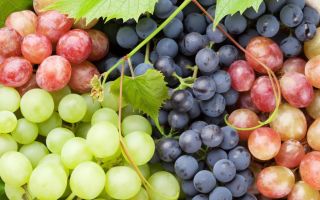Content
Boron is one of the most important trace elements for the human body. The substance is in fifth place in the periodic table. This compound takes part in the exchange of calcium, magnesium, phosphorus. The element supports bone health, as well as strengthens muscles, improves brain activity. Products containing boron help to improve vitality. Their use in old age prevents the development of osteoporosis in women.
Where and in what products boron is contained
In nature, the compound is present in the form of salts. There are about 100 boron minerals.
The human body contains about 20 mg of boron. It is noteworthy that 50% of this amount is in the skeleton. The compound also contains:
- thyroid;
- spleen;
- enamel of teeth;
- nails (significant part);
- kidneys;
- The lymph nodes;
- muscles;
- adipose tissue;
- nervous tissue.
The boron content in plasma varies from 0.02 to 0.075 μg / ml. A daily intake of 1-3 mg of the element is necessary to maintain good health and adequate functioning of internal organs. The requirement for a substance in women is higher than that of men.
Boron properties are under study. It has been found that the connection contributes to:
- normalization of the activity of the endocrine glands;
- fat, carbohydrate metabolism;
- conversion of cholecalciferol (vitamin D) into an active form;
- increased levels of estrogen, sugar, testosterone and steroid hormones;
- inhibition of the activity of certain enzymes;
- improving brain function;
- increased nucleic acid metabolism;
- gaining muscle mass;
- regulation of the production of parathyroid hormone;
- slowing down the oxidation of adrenaline;
- elimination of copper from the body;
- delayed loss of calcium;
- maintaining joint function;
- splitting kidney stones;
- increase in life expectancy;
- accelerated growth;
- stimulation of protein synthesis;
- restoration of protein synthesis.
Boron intake along with food is important in the initial stages of epilepsy. The compound slows down the absorption of ascorbic acid and flavonoids. Riboflavin, cyanocobalamin become inactive under the influence of the element. Alcohol enhances the effect of the substance on the body.
Boron deficiency is considered a rare occurrence. Possible symptoms of a lack of connection include:
- increased sleepiness;
- stratification of nails;
- deterioration of the condition of the teeth;
- growth retardation (in children);
- section of hair;
- joint pain;
- sexual dysfunction;
- fragility of bones;
- decreased ability to regenerate, mental activity;
- increased risk of developing diabetes mellitus;
- absent-mindedness.
Among the consequences of chronic boron deficiency are:
- development of fibroids, mastopathy due to hormonal imbalance;
- violation of fat and protein metabolism;
- changes in blood composition;
- impairment of memory and work of the endocrine glands;
- progression of joint pathologies;
- the development of malignant tumors of the organs of the reproductive system;
- early onset of menopause.
Boron deficiency can occur due to metabolic disorders. This is also due to insufficient consumption of foods containing a beneficial trace element. However, it should be borne in mind that the abuse of dietary supplements, including boron, can lead to overdose. This dangerous condition manifests itself:
- diarrhea and vomiting;
- decreased appetite;
- general dehydration of the body;
- anxiety and headache;
- peeling of the skin, hair loss;
- deterioration of spermogram indicators;
- the appearance of a red rash.
Among the consequences of an increased intake of boron into the body, there are:
- damage to the digestive tract, nervous and respiratory systems;
- anorexia;
- muscle atrophy;
- anemia.
The consumption of foods containing a trace element cannot lead to an overdose. This phenomenon occurs when the uncontrolled intake of drugs and various additives with boron in the composition.
Boron sources are:
- dried fruits;
- nuts;
- fruit;
- vegetables.
Fish, meat and dairy products do not include a significant amount of the beneficial trace element.
Boron content table in food
The presence of the compound in food varies significantly. The table illustrates data on the boron content of various products.
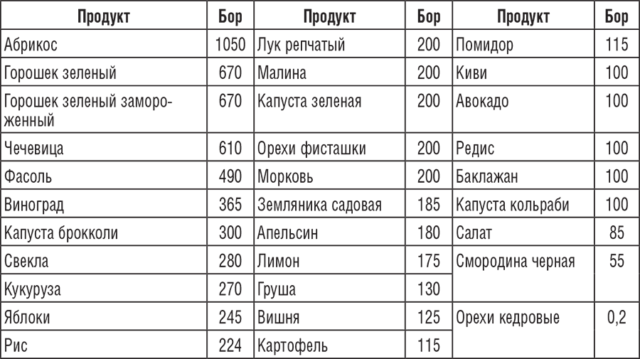
Top 5 Boron Rich Foods
The power supply can ensure the supply of the compound in the required quantities. It is important to include in the diet foods that are a source of boron.
Raisins
Healthy dried fruit contains from 625 to 2200 micrograms of boron per 100 g. Dried grapes are an antioxidant. Raisins include:
- magnesium;
- potassium;
- iron;
- calcium;
- B vitamins.
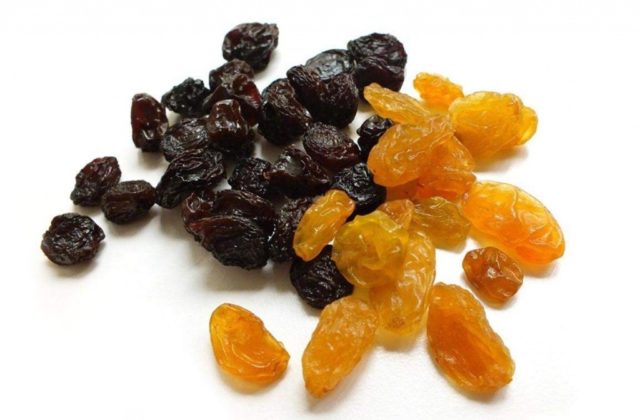
Dried fruit is high in calories. 100 g of the product contains 120 kcal. Raisins provide an extremely short-term boost of energy. It is desirable to combine it with porridge or cottage cheese.
Raisins have the following properties:
- bactericidal;
- sedative;
- immunostimulating;
- diuretic.
The use of delicacies improves sleep, accelerates recovery from acute respiratory viral infections, and purifies the blood. Raisins contribute to the production of hemoglobin and the normalization of the heart. The useful substances that make up the dried fruit strengthen the teeth.
Apricot
The boron content in 100 g of fruits reaches 1050 μg. It has been used as a food product for over 2 thousand years. The homeland of this healthy fruit is China. Apricots come in many varieties. The fruit tastes good and is beneficial to the body when consumed regularly.
Apricot is rich not only in boron. The product is considered to be a source of the following nutrients:
- retinol;
- cellulose;
- potassium;
- calcium;
- magnesium;
- iron;
- copper;
- ascorbic and linoleic acids.
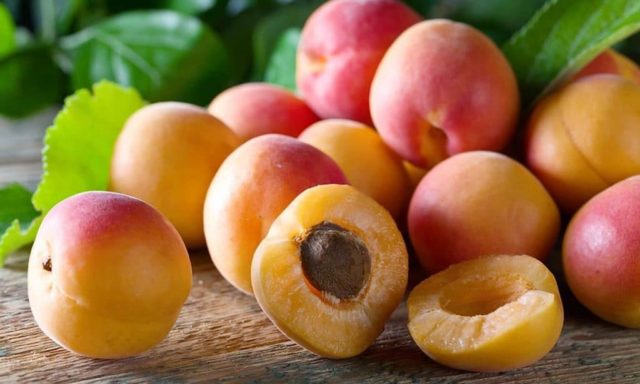
The fruits have a beneficial effect on the body, which manifests itself in the following effects:
- maintaining eye health;
- improving the functioning of the thyroid gland and digestive tract organs;
- normalization of cholesterol levels;
- slowing down the aging process;
- stabilization of metabolic processes;
- increased immunity;
- strengthening the heart and blood vessels, the nervous system;
- prevention of urological and gynecological diseases.
Dried apricots are also a healthy product. Allergies may occur when eating low-quality dried fruits containing harmful additives.
Buckwheat grain
The culture is grown all over the world.The homeland of buckwheat seeds is India. The useful plant began to grow about 4 thousand years ago. Buckwheat is also considered an important honey plant.
Groats are rich in protein and amino acids, which are involved in the synthesis of other valuable components. Buckwheat is a must-have product for vegetarians due to its ability to partially replace meat food.
Legumes contain significant amounts of boron. 100 g of porridge contains 730 μg of the compound. Buckwheat is attributed to the source:
- starch;
- fiber;
- B vitamins;
- flavonoids;
- potassium;
- tocopherol.
In rare cases, buckwheat porridge can contribute to constipation and allergic reactions. Usually the product is a component of various diets. Buckwheat helps to lose weight. It is a slow carbohydrate that saturates the body with healthy proteins.
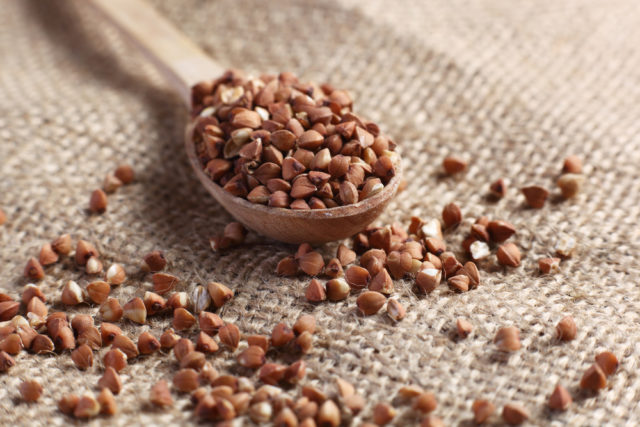
The boron product goes well with meat, honey, milk and vegetables. A variety of dishes are prepared from buckwheat. It is consumed both raw and sprouted.
Peas
Legumes have a maximum boron content of 670 μg. The homeland of the plant is considered to be Central Asia and the Mediterranean. Pea seeds have been used by people since the Stone Age.
The product is rich in boron, protein and fiber. Peas have a beneficial effect on the digestive process due to the presence of the following nutrients:
- carbohydrates;
- fibers;
- healthy fats;
- potassium;
- magnesium;
- phosphorus;
- calcium;
- zinc;
- iron.
The inclusion of a product in the diet that contains boron helps to strengthen the immune system due to the high concentration of ascorbic acid. The normalization of the immune system is due to the presence of B vitamins. The presence of retinol and tocopherol allows peas to be classified as foods with antioxidant properties.
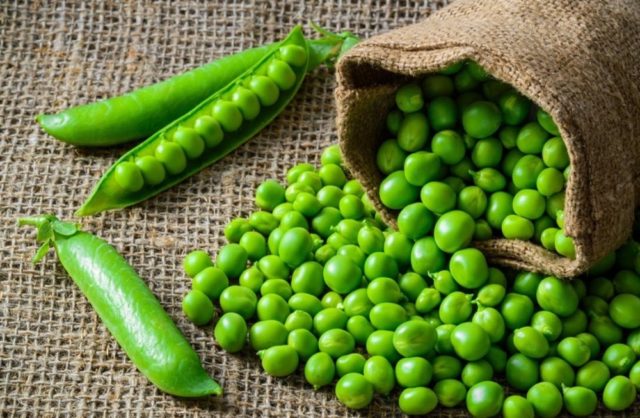
Grapes
Berries containing a significant amount of boron are mentioned in ancient works. Armenia is considered the birthplace of grapes. The plant has been known since the Cretaceous.
There are more than 70 types of grapes. The berries are yellow, green, burgundy, black. The content of valuable substances depends on the type of plant. The unique composition includes:
- manganese;
- potassium;
- magnesium;
- cobalt;
- aluminum;
- chromium;
- silicon;
- zinc;
- B vitamins;
- ascorbic acid;
- amino acids;
- glycine;
- tannins;
- lecithin.
The presence of boron in large quantities is essential. This allows you to select a product to make up for the lack of a useful compound.
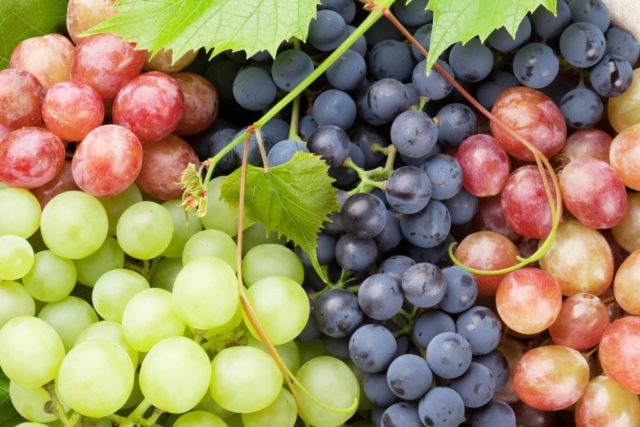
The calorie content of the product is 72 kcal per 100 g. The following useful properties of grapes are called:
- improving the functioning of the digestive tract;
- normalization of the urinary and nervous system;
- increased efficiency;
- elimination of signs of overwork;
- strengthening of the vascular wall;
- prevention of the development of malignant tumors.
Boron berries have an antioxidant effect and normalize hemoglobin levels. For menopausal women, the use of grapes helps to maintain sexual desire and reduce pathological manifestations.
Conclusion
Boron foods are essential for the proper functioning of the body. The properties of the compound are not well understood. However, the positive effect of the trace element on the work of internal organs has been proven. A good diet, including boron, helps to maintain well-being and performance.

